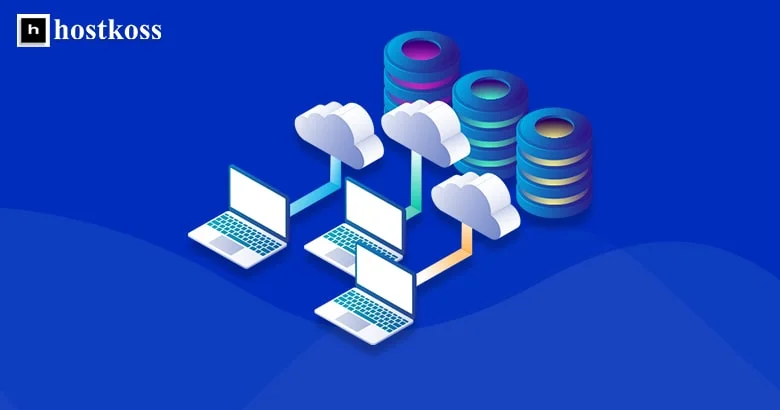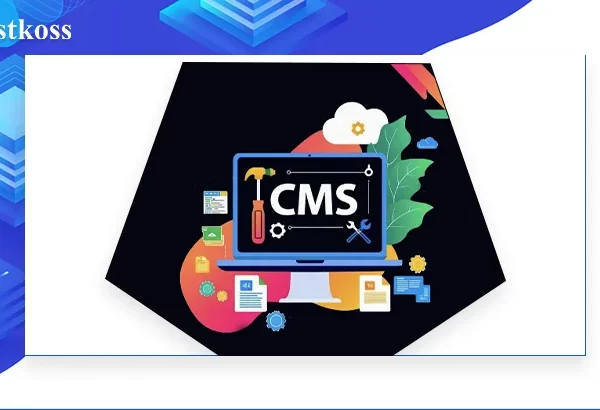What is a backup ? One of the most important aspects of digital marketing is backing up your website.
A backup (backup) is a copy of your website that you can use to restore your site to its previous state if it becomes damaged or deleted. This is important because disasters happen and it’s better to be prepared for them than not.
A backup can be created in a variety of ways, but the most popular method involves creating an archive file on your computer, uploading it to a remote server, or saving it to a cloud service such as Dropbox or Google Drive. This will keep your data from being lost in the event of a hardware failure or other emergency.
The risk of data leakage and the importance of taking precautions
Data leakage is a risk that all companies face. It is important to take precautions to protect your data. Businesses should consider using online data backup services and website backup software to prevent data leakage.
Website backup tips for businesses on a tight budget. There are many different types of website backups, and they all have their advantages and disadvantages. It is important to note that not all website backups are the same. When it comes to choosing a website backup, you need to make sure that the type of backup you choose fits the needs of your business.
The first type of website backup is a full copy of your website. This type of backup will include all the files and information on your website, including databases, emails, plugins, themes, etc. The downside to this type of backup is that it will take up much more space on your server than other types of backups.
The next type of website backup is a database backup, which will only save data from your database, such as customer information or product lists, without any content.
What to look for in a website backup solution for your needs
The best website backup solution for your needs is one that can provide the protection you need, as well as being easy to use and affordable. It is important to find a company that offers a variety of backup solutions as well as a free website protection service.
Conclusion: website backups are important to protect all of your data for free, because you never know when disaster will strike – be prepared by investing in it now.
Read also:
- Complete guide to Ping and Traceroute via command line
- What is a .htaccess file: main functions and uses
- What is disk space and how much do I need
- What are log files, how to manage them, and what are log files for
Questions and answers about backups
It is advisable to backup your website regularly, with the frequency determined by the frequency of updates and the criticality of your content. Daily, weekly, or monthly backups are common practices.
The choice between manual and automated backups depends on factors such as technical expertise, resource availability, and personal preferences. While manual backups offer greater control, automated solutions streamline the process and minimize human error.
While hosting provider backups offer convenience, relying solely on them may pose risks. It is recommended to complement hosting backups with additional offsite backups to enhance redundancy and disaster recovery capabilities.
To enhance the security of backup files, implement encryption protocols, restrict access permissions, and regularly audit and monitor backup operations. These measures safeguard sensitive data and mitigate the risk of unauthorized access or tampering.
In the event of a data breach or loss, act swiftly to contain the incident, notify affected parties, and initiate the recovery process using backup files. Implementing a comprehensive incident response plan minimizes the impact of security incidents and facilitates timely recovery.
Cloud storage offers numerous security features, including encryption, access controls, and redundancy, making it a secure option for backups. However, it is essential to select reputable cloud providers and implement best practices to ensure data protection and compliance.



